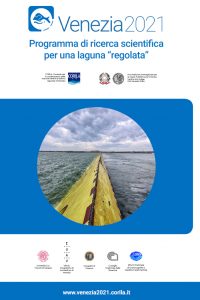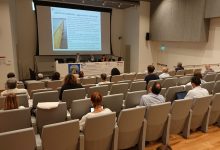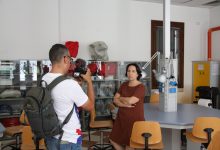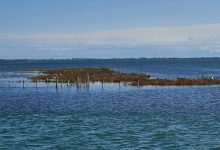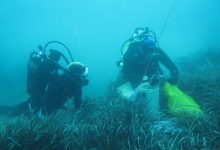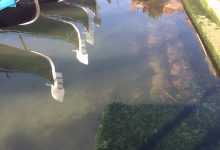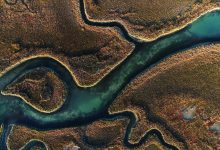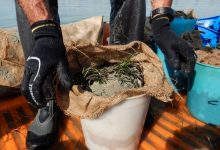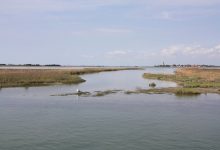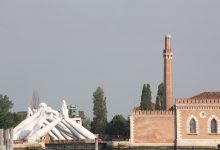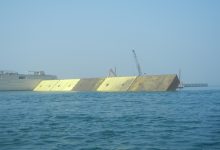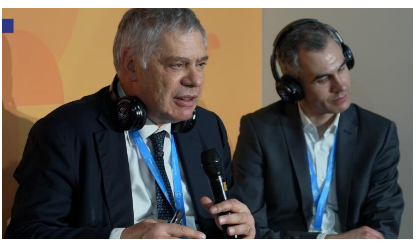Published on 03-05-2022
In this crucial moment for the choices about the fate of Venice and its lagoon, scientific research is called upon to provide the essential elements to allow political decision-makers to make choices based on knowledge. A forward-looking administration in fact depends on a continuous flow of information for understanding, anticipating environmental and socio-economic challenges and adapting to future changes, including climate change. Venezia2021 is a scientific research program coordinated by CORILA, which provides an integrated set of observational tools and processing of the collected data, in the state of the art of knowledge, in order to contribute to the correct balance of the lagoon ecosystem. In this way it will also be possible to safeguard the benefits for society (ecosystem services) provided by the lagoon. Furthermore, in the present phase of commissioning of the MOSE System, operational to defend against high waters since October 2020, Venezia2021 will contribute to the development of new “scenarios” to support defense strategies. The research program was launched on 1 November 2018, will end on 30 June 2022 and is funded by the Interregional Superintendency for Veneto, Trentino Alto Adige, Friuli Venezia Giulia of the Ministry of Sustainable Infrastructures and Mobility, as part of the works for the protection of Venice. and its lagoon and is also coordinated in an operational sense with them. Venezia2021 involves more than 200 researchers belonging to CORILA member bodies: Ca ‘Foscari University of Venice, University of Architecture of Venice, University of Padua, National Research Council and National Institute of Oceanography and Experimental Geophysics. An external and independent evaluation mechanism (ex ante, in itinere and ex post) is set up in the Scientific Technical Committee of CORILA, made up of scientists of recognized international standing, not involved in carrying out the research and in a position where there is no conflict of interest. It studies the hydrodynamic, biogeochemical and morphological processes of the lagoon and connected to the exchanges with the drainage basin and the sea. The approach integrates in situ measurements, modeling and forecasting tools, and satellite observations with information from existing monitoring networks to allow a better understanding of current trends and the effects of MOSE management strategies. It deepens the knowledge relating to the contamination of lagoon sediment and the dynamics that influence it, also in relation to the entry into operation of the MOSE, through the integration of experimental and modeling approaches, which make it possible to investigate specific problems so far little or nothing studied. Evaluates the morphological changes related to subsidence phenomena, erosive and depositional processes, variations in water flows, and the consequences at the level of habitats and aquatic communities (microbial, benthic, planktonic and neptonic) and produces predictive models of these dynamics. With a view to comparing before and after the MOSE came into operation, it quantifies the ecosystem services provided by the Venice lagoon, evaluating their consistency also in monetary terms through the perception of residents, estimating the variations due to the functioning of the barriers and to climate change. An integrated system of analysis, evaluation, planning, management and monitoring of the Venetian area and its historical, artistic and cultural heritage is developed, capable of supporting the city and the activities that operate in it, through coordinated adaptation actions that aim to increase sustainability and resilience to climate change. The mission of Venezia2021 is to provide integrated and updated knowledge, useful for the sustainable management of the ecosystem of the Venice lagoon, which will be the first “regulated lagoon” in the world from the start of the MOSE. A better scientific understanding of the functioning of lagoon ecosystems will facilitate their management. Venezia2021 intends to accompany the commissioning phase of the tide regulation works, evaluating their environmental, social and economic repercussions with a view to sustainability. In particular, observational systems and modeling / forecasting tools are studied in depth in Venezia2021, in order to provide further and more precise tools in the context of climate change and its effects on a local scale. The description, at the appropriate level of detail, of the state of the environment prior to the operation of the MOSE will also be completed, in order to be able to accurately assess any changes that may be induced in the future. The priority objectives of Venezia2021: KNOWLEDGE FRAMEWORK Provide integrated and updated knowledge, useful for the sustainable management of the ecosystem of the Venice lagoon, which since the MOSE came into operation is the first regulated lagoon in the world. MATHEMATICAL MODELS Refine modeling tools capable of providing short, medium and long term forecasts. MANAGEMENT TOOLS Provide to test, together with the mobile closures, the means to guarantee management responses to a wide range of problems, to reduce any type of risk as much as possible. INDICATORS Develop measurable indicators of possible changes, including expected improvements to the urban and architectural heritage, the economic and social context of the historic city and the metropolitan context. STRATEGIC VISION Contribute to developing a strategic, accurate and shared vision in a short time, with respect to the expected challenges, also considering the scenarios of climate change
Scientific research program for a “regulated” lagoon.
In this crucial moment for the choices about the fate of Venice and its lagoon, scientific research is called upon to provide the essential elements to allow political decision-makers to make choices based on knowledge. Indeed, a forward-looking administration depends on a continuous flow of information for understanding, anticipating environmental and socio-economic challenges and mitigating future changes.
Venezia2021
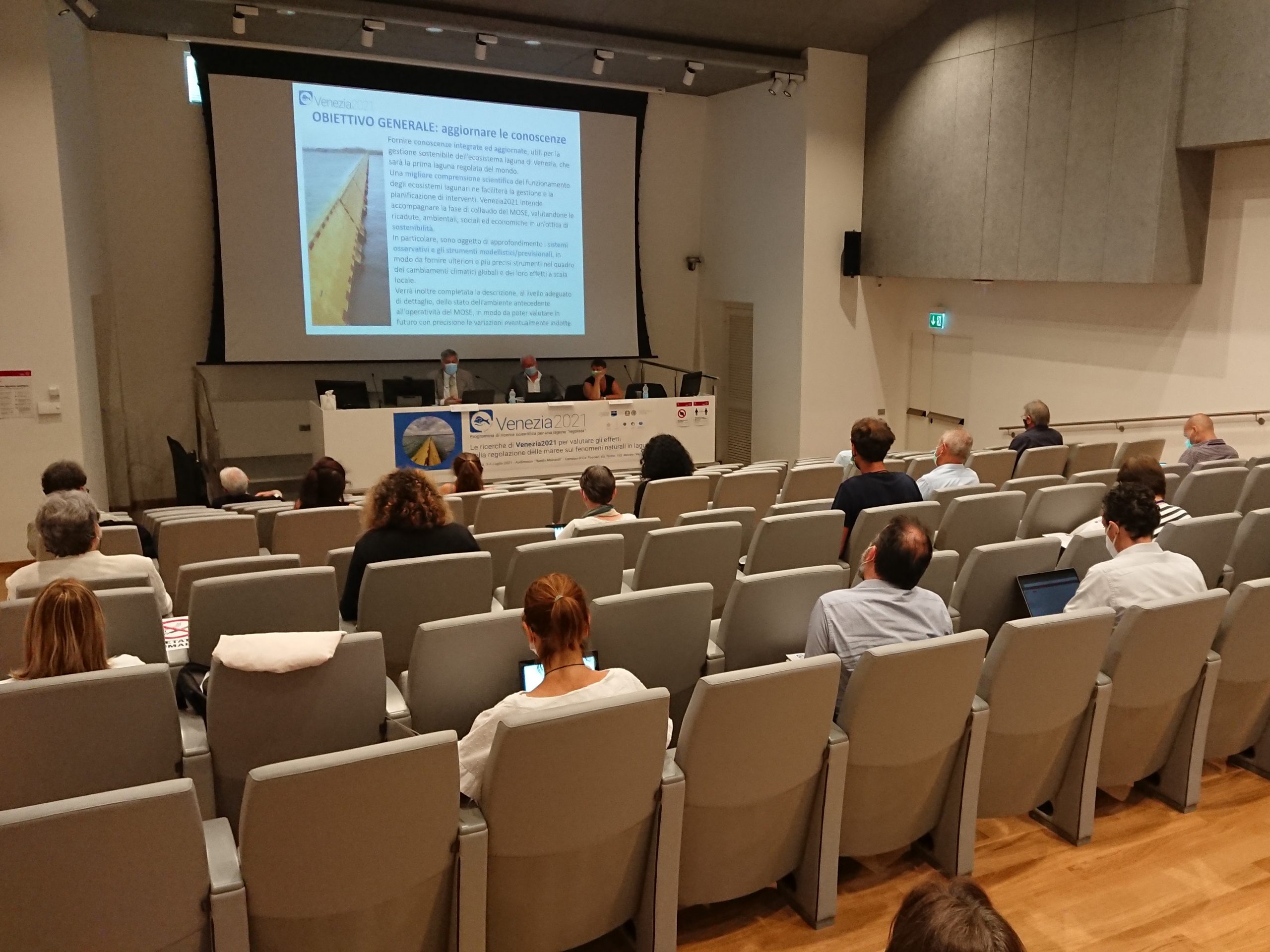
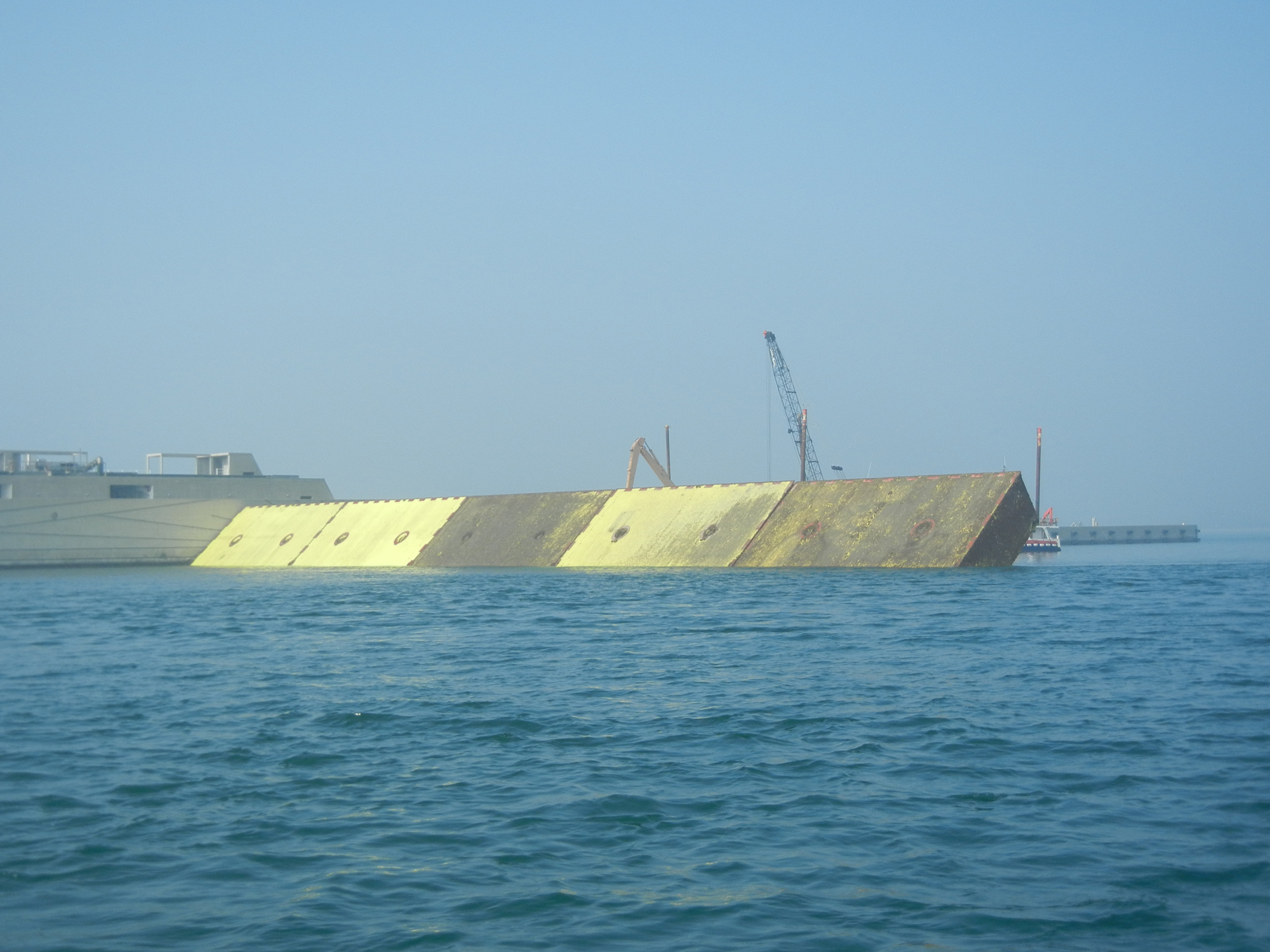
Media



